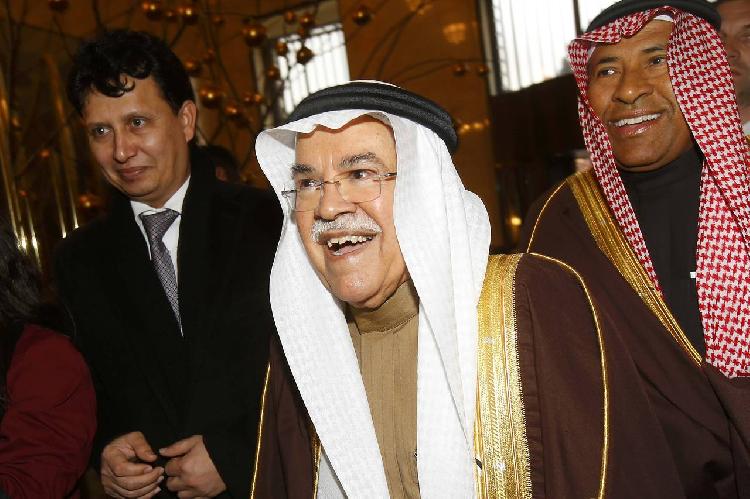
Saudi Arabia Won’t Change Oil Production Policy
Saudi Arabian Oil Minister Ali Al-Naimi said the kingdom, the world’s top crude exporter, does not limit its output and has the capacity to meet additional demand, the Wall Street Journal reported on Wednesday.
“We will satisfy the demand of our customers. We no longer limit production. If there is demand, we will respond. We have the capacity to respond to demand,” he was quoted as saying.
“It is a reliable policy and we won’t change it,” he added, according to the WSJ.
Meanwhile, Rabigh Refining and Petrochemical Co (PetroRabigh) expects a negative financial impact of 300 million riyals ($80 million) from the energy price hikes announced in the 2016 government budget, it said in a bourse statement on Wednesday.
The firm, a joint venture between Saudi Aramco and Japan’s Sumitomo Chemical, said further developments would be announced at a later date.
Oil prices resumed their decline on Wednesday ahead of the release of data on US commercial crude stockpiles and production.
The market has been highly volatile during the holiday-shortened final week of 2015 and remained near multi-year lows in the face of indications a supply glut will continue into 2016.
In late morning deals on Wednesday in London, Brent North Sea crude for delivery in February was down 89 cents at $36.90 per barrel.
US benchmark West Texas Intermediate (WTI) shed $1.07 to $36.80 compared with Tuesday’s closing level.
Analysts expect US commercial crude stockpiles in the week to December 25 to have declined when the Department of Energy releases the data later Wednesday, but Bloomberg News said that would still leave supplies more than 120 million barrels above the five-year seasonal average.
US oil production is expected to remain above 9.1 million barrels per day, which would bring little respite to the crude oversupply that has kept prices down for more than a year, analysts said.
“The inventory data is likely going to be the most important set of news that we would be seeing this week,” Daniel Ang, an analyst with Phillip Futures in Singapore, said in a market commentary.
“Most likely, production would disappoint us and remain above 9.1m barrels/day,” he added.
At a meeting earlier this month, the Organization of the Petroleum Exporting Countries effectively rejected calls for output cuts to boost prices.
Iran is also expected to ramp up its oil exports after Western economic sanctions are lifted next year as part of a deal reached in July to curb Tehran’s nuclear program, further exacerbating the supply and demand imbalance.
Oil had collapsed early last week, with Brent striking an 11-year low on the back of a stubborn global supply glut that has plagued the market.
On December 21, WTI slumped to $33.98 – the lowest price since mid-February 2009. One day later, Brent crude tumbled to $35.98 – the weakest level since early July 2004.



























